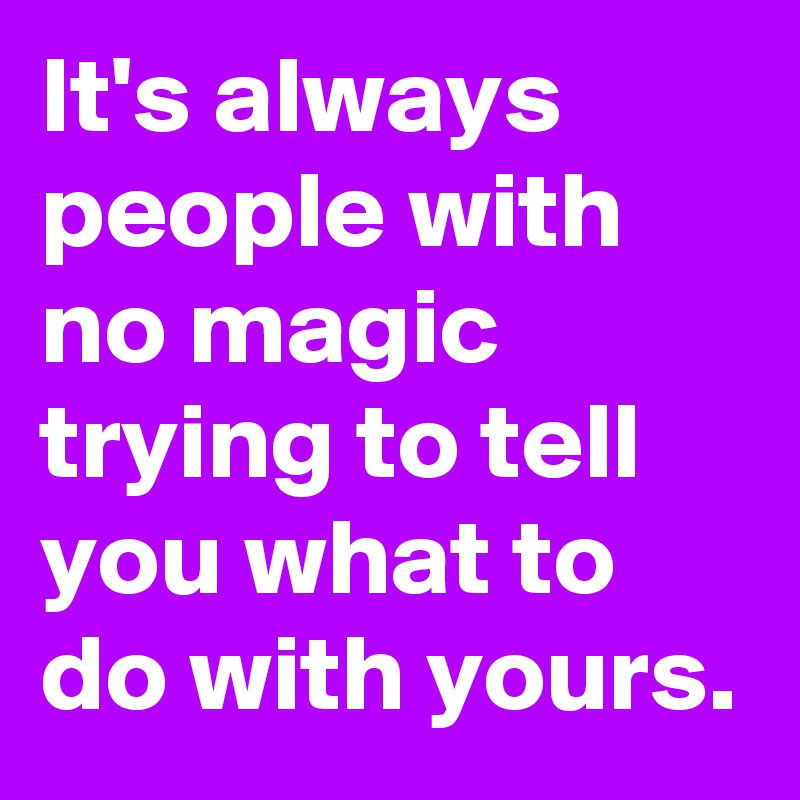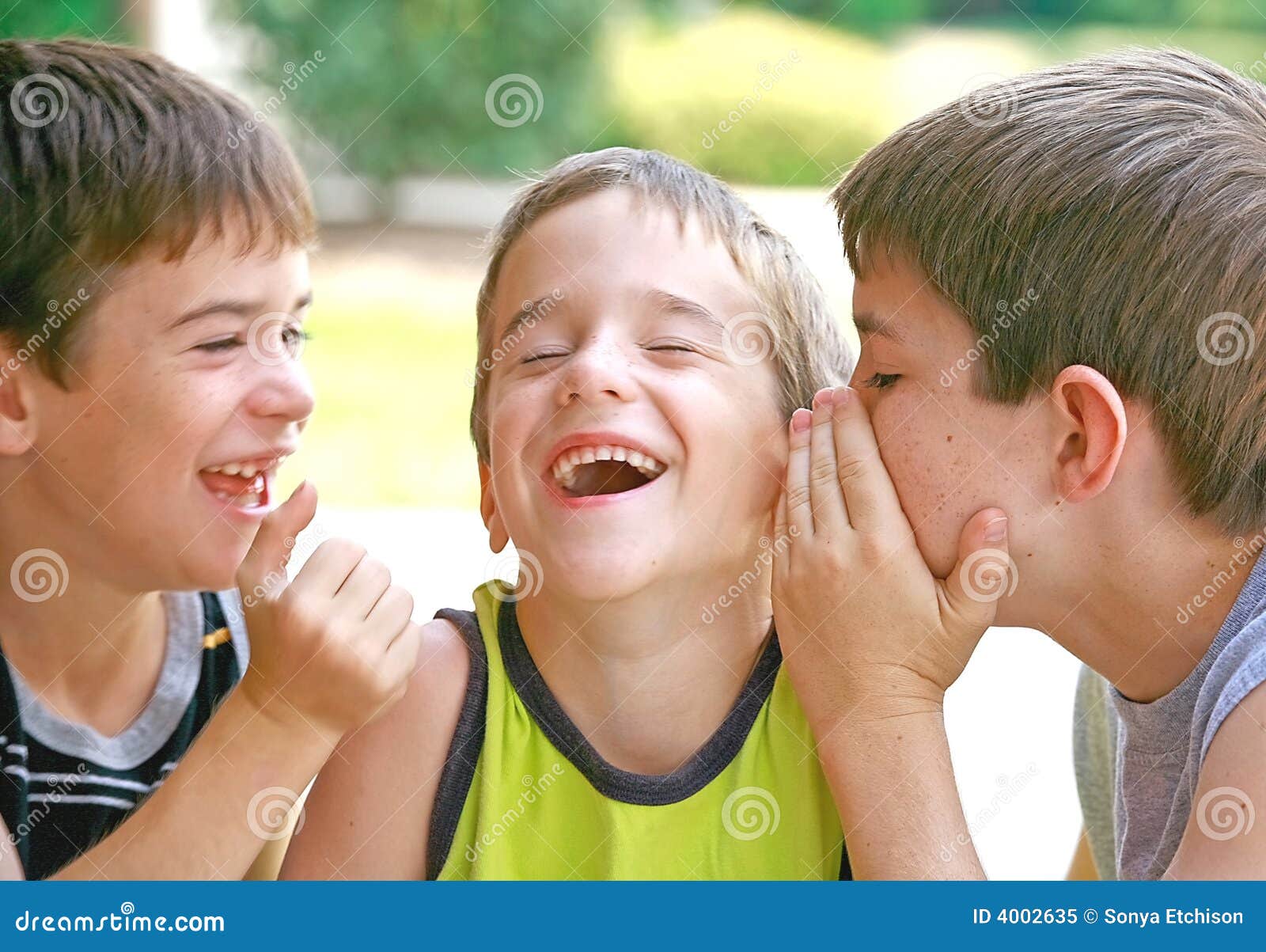Peerless Info About How To Tell If A Kid Is Yours

Some other indicators can help clue you in, so you know if you need to get a test done.
How to tell if a kid is yours. Result some easy ways are: A father's relationship with his child is a precious. Result adapting the approach as children mature.
If you’re curious about how to know if a child is yours, you’re not alone. This is for both men and women, especially the men who usually care to know nothing about the monthly. There are lots of ways to check whether a child is yours.
Result how to know if a child is yours: Result for legal, psychological, and medical reasons, you can know if the baby is yours without putting the embryo or the mother at risk. As children mature, parental guidance also needs to change alongside it.
Result eye, hair, and skin color are fairly stable and predictable, while body type and personality can be swayed by other factors. Result carolyn hax. By jessica rapana | 7 years ago.
Result teachers, tell us the parenting red flags you notice right away when meeting a parent or a kid for the first time. Result there are several ways an alleged father can determine whether a child is his biological offspring or not. Before we get into that, i want to make sure you understand that the only way to be 100% sure is to get a dna test done.
Result child prodigies. My wife got pregnant but i am away and my character got suspicious. When approaching this situation, you need to walk in with the right mindset.
In this blog post, we’ll discuss. Some of the ideas shared are cultural. Result how to know if a child is yours:
Result from scientific point of view, you can simply get to know a child is not yours through the following ways: They’re happy to see you. After about 12 months of the child’s.
Once certain that you’re the. You know that the child isn’t yours through blood but you have to treat them like. How to tell if a child is yours without a dna test?
How can i prove the. What should a parent say when the other parent knows they have a mean kid?. Eligible households can receive $1,000 per child between the ages of 1 and 4 years old.


















